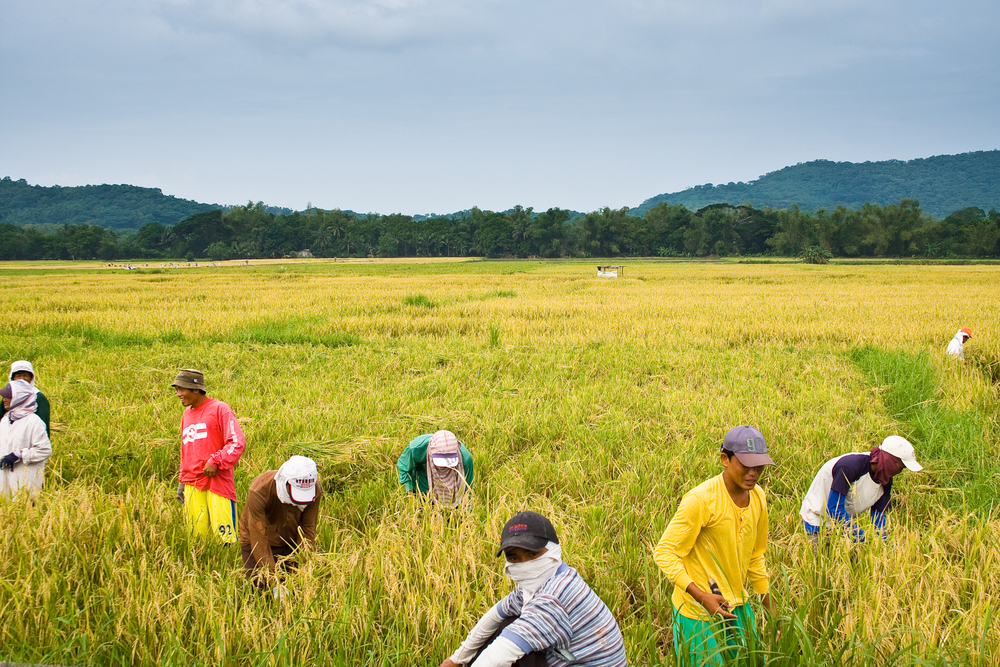
MANILA, Philippines – A World Bank (WB) report, bearing the title “Philippine Development: Creating More and Better Jobs,” revealed that the Philippine agriculture sector has been underperforming over the last 30 years.
The report said that compared to other countries in Southeast Asia, the Philippines not been up to par in the area of agricultural productivity, due – in part – to agrarian reform issues.
“Not counting the efforts of earlier governments since the 1930s, the current Comprehensive Agrarian Reform Program (CARP) and its five-year extension under CARPER is now 26 years old, one of the longest in the world, and yet no significant development has been made in that sector,” the World Bank said.
The report likewise cited anomalies within the Department of Agriculture – the latest being the P900-million Malampaya Fund scam – as factors in the sector’s slow development.
It also pointed out that numerous beneficiaries of the agrarian reform program have sold or leased their land to consolidators, due to a lack of capital to fully maximize the productivity of their land.
“The distribution process itself is also often hotly contested, with allegations that agrarian reform officers often include relatives or outsiders among the beneficiaries, dispossessing the actual tenant-farmers of their due,” the World Bank report stated.
Raul Fabella, economist of the University of the Philippines School of Economics, and the National Academy of Science and Technology said that the CARP has not been successful at improving farm productivity. Nor has it raised the quality of life of its beneficiaries. Instead, the program has only “redistributed” poverty.
“We now have to redirect our agricultural focus from land equity to farm efficiency,” Fabella said.